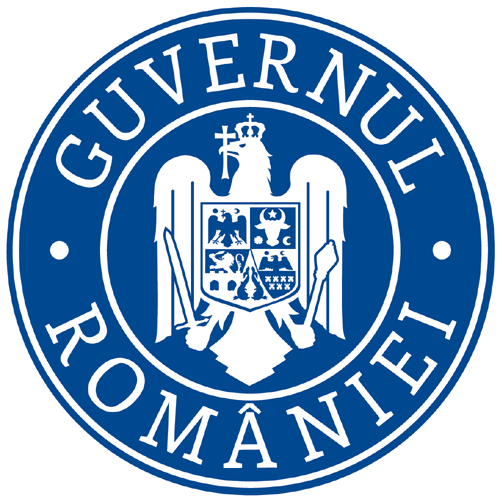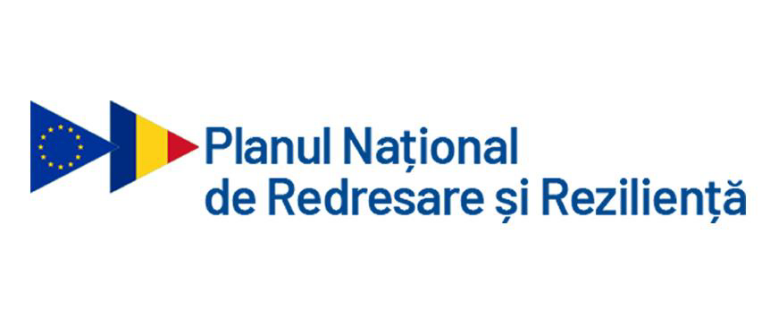People with low-income, from marginalized areas, and usually people of color have been the most affected by disproportionate exposure to toxic contamination and by deprivation of basic livelihoods such as water, forests, land, seeds or food. ECOJUST is trying to understand how such socio-environmental injustices unfold in the context of post-communist Romania.
ECOJUST documents the disproportionate exposure of vulnerable groups to socio-environmental hazards in an under-researched, rural, non-Western European region. Our case-study approach examines the relationship between development projects and their impact on local communities. We conduct a multi-sited qualitative research in four Romanian locations – Roșia Montană, Topolog Valley, Hârtibaciu Valley, and Câmpulung-Muscel – to allow for a deeper analysis of four environmental conflicts: mining, illegal logging, land grabbing and respectively, waste trafficking.





